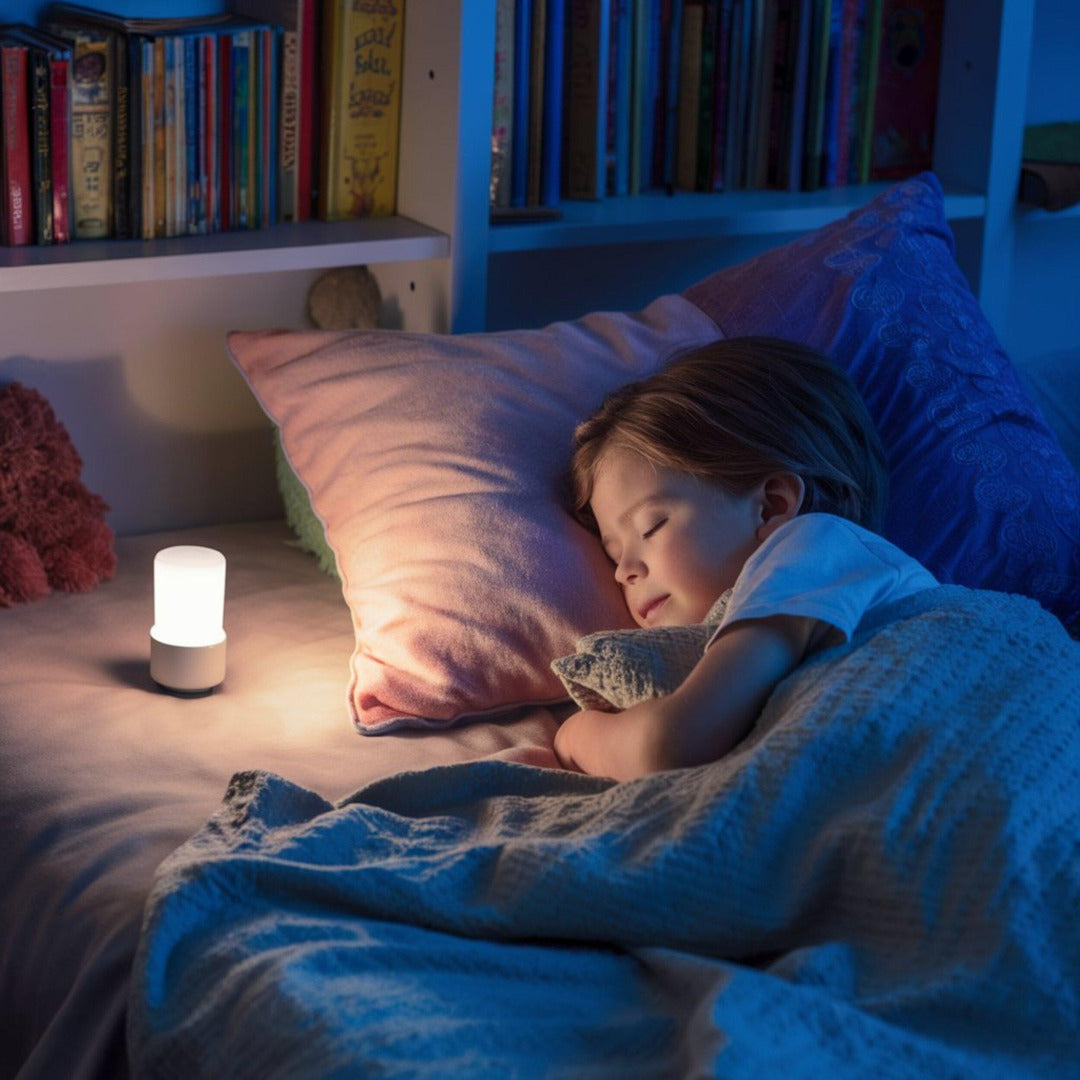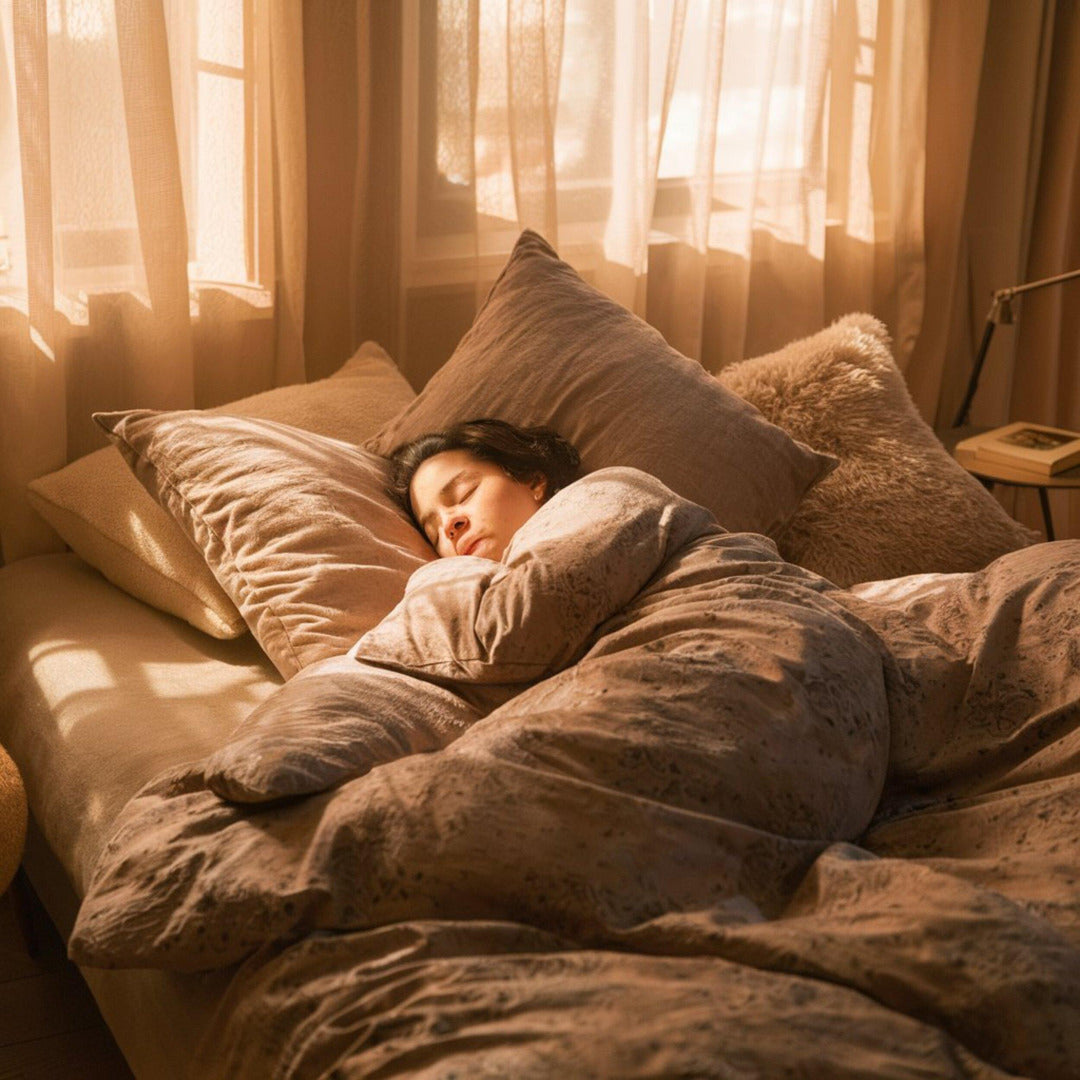Have you ever heard of mouth taping as a solution for improving your sleep quality? It may sound unconventional, but the science behind it is fascinating and the benefits are worth exploring. Let's dive into the world of mouth taping and how it can potentially revolutionize your sleep routine.
What is Mouth Taping?
Mouth taping involves using a gentle adhesive tape to keep your mouth closed during sleep. This practice aims to encourage nasal breathing and prevent mouth breathing, which can lead to a range of health issues, including snoring, dry mouth, and poor sleep quality.
How Does it Work?
By keeping your mouth closed during sleep, mouth taping promotes nasal breathing, which has numerous benefits for your overall health. Nasal breathing helps regulate oxygen and carbon dioxide levels in the body, improves lung function, and promotes relaxation, all of which are essential for a restful night's sleep.
The Benefits of Mouth Taping
Improved sleep quality is just one of the many benefits of mouth taping. By promoting nasal breathing, this practice can also help reduce snoring, alleviate symptoms of sleep apnea, and enhance oxygen circulation throughout the body. Additionally, mouth taping may improve oral health by preventing dry mouth and promoting proper tongue posture.
Getting Started with Mouth Taping
If you're intrigued by the potential benefits of mouth taping, it's important to start slowly and find a comfortable tape that is safe for use on the skin. Begin by taping your mouth for short periods during the day to get used to the sensation before trying it during sleep. Consult with a healthcare professional if you have any concerns or underlying health conditions.
Final Thoughts
While mouth taping may seem unconventional at first, the science behind it is compelling. By promoting nasal breathing and preventing mouth breathing during sleep, mouth taping has the potential to transform your sleep quality and overall well-being. Give it a try and see if this simple yet powerful practice makes a difference in your nightly rest.




